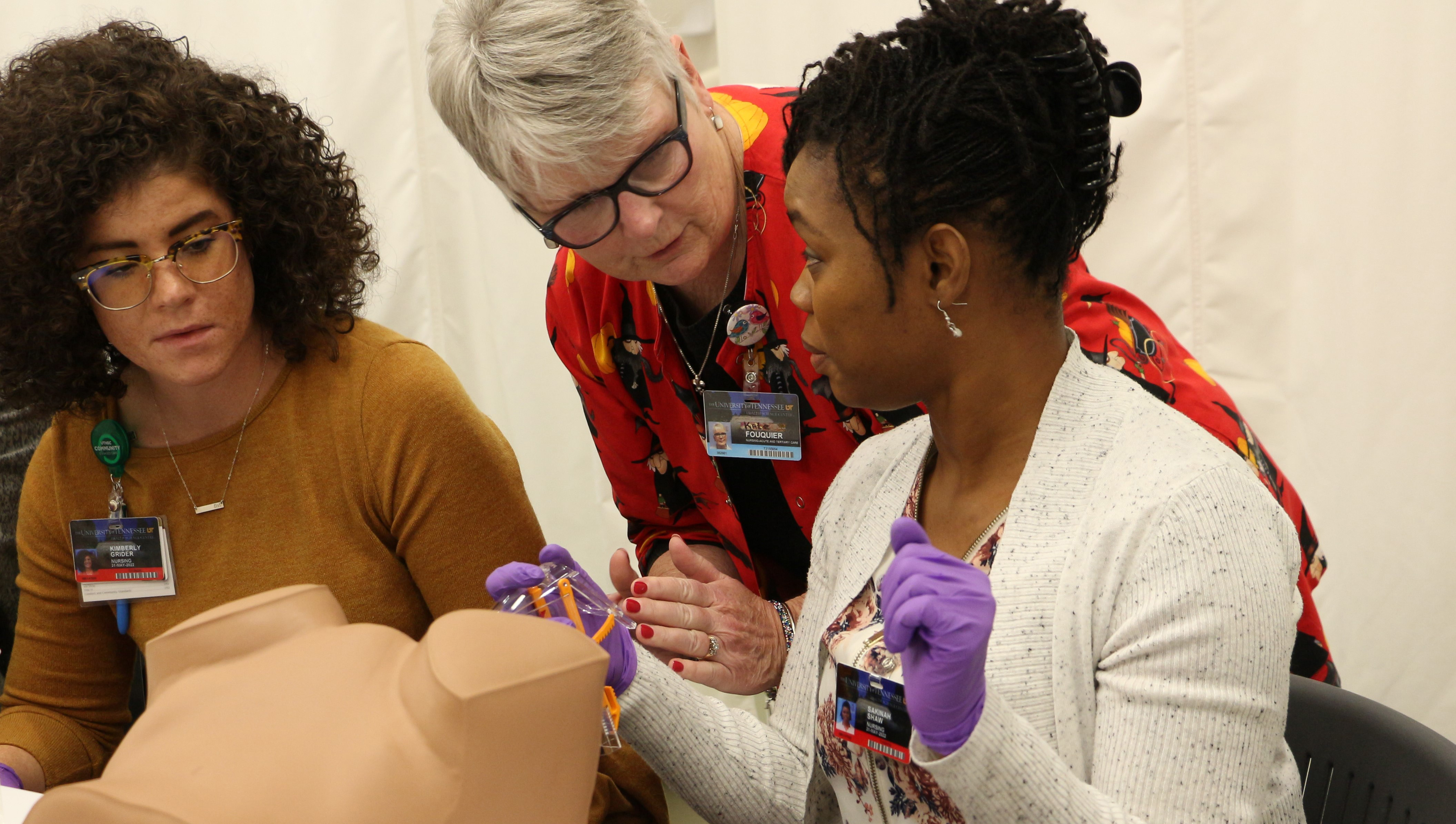DOI
10.21007/con.dnp.2023.0048
Faculty Advisor
Bobby Bellflower, DNSc, NNP-BC, FAANP
Document Type
Poster
Publication Date
Spring 4-21-2023
Disciplines
Critical Care Nursing | Maternal, Child Health and Neonatal Nursing | Medicine and Health Sciences | Nursing
Abstract
Purpose/Background
Mothers of infants admitted into the neonatal intensive care unit (NICU) are at risk for developing anxiety, depression, and post traumatic stress disorder (PTSD) related to their child’s hospitalization which impedes the mother-infant bonding and attachment process. Research shows that children of mothers suffering from these issues are more likely to develop their own behavioral, emotional and cognitive problems later in life. The purpose of this scoping review is to analyze the literature regarding methods to improve bonding and attachment between NICU patients and their mothers to improve long-term outcomes for the whole family.
Methods
The authors conducted a literature review from October 2020 to November 2022 using several qualified databases. After analyzing articles for relevancy and inclusion criteria, the remaining articles were screened for validity and reliability via a rapid critical appraisal tool to yield the 10 articles used for this scoping review. The levels of evidence and outcomes of each article were synthesized with a goal to determine which interventions can improve bonding and maternal self-efficacy in the NICU.
Results
Individualized education and family-centered care leads to positive outcomes that benefit both NICU patients and mothers. Individualized education was shown to increase confidence and improve mental health in NICU mothers. Specifically, increased maternal confidence truly makes the difference in the involvement of care for the patient and positively motivates the mother to prepare for discharge home.
Implications for Nursing Practice
When NICU mothers are given individualized education, it increases their self-efficacy, which strengthens the bond between the mother and her child. The authors hypothesize that a protocol of specific education and interventions for mothers would foster an environment of family centered care with the goal of increased family involvement, mother-infant attachment, and potentially decreased length of hospital stay.
Recommended Citation
Nauert, Alexandria Sneed BSN, RNC-NIC; Hill, McKenLeigh N. BSN, RNC-NIC; and Bellflower, Bobby DNSc, NNP-BC, FAANP , "Improved Bonding & Maternal Self-Efficacy in the NICU: A Scoping Review" (2023). Doctor of Nursing Practice Projects. Paper 48. http://dx.doi.org/10.21007/con.dnp.2023.0048.
https://dc.uthsc.edu/dnp/48


